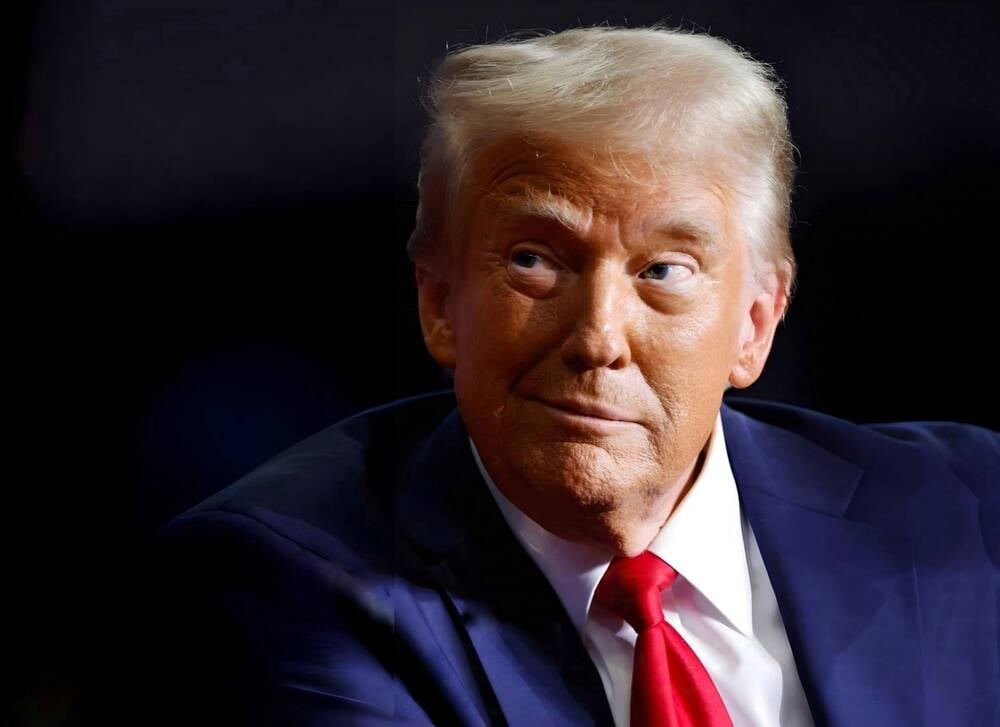
"The purpose of AI is to do useful work in the real world, much as a human does. Humans are notably fallible and do things that are harmful to others, sometimes by ignorance, sometimes by carelessness, sometimes through greed or malice. Which means people get regulated, told what not to do, and what happens when they do it anyway. This has been written down in an ongoing process for at least 4,000 years, frequently fallible and abused, but it's the best we've got."
"It is unthinkable that AI won't be bound by law in general. If an AI crashes a car into a human, which it can do, or lies in a court disposition, or makes dangerous medical mistakes, there can be no exemptions because AI happens to be the technology at fault. It's possible to embed different legal systems within others, such as Martian or canon law, or state and federal law, but anarchy is incompatible."
Donald Trump advocates removing laws and regulations that constrain AI innovators, promising rapid dominance with fewer limits. AI operates in the real world and will make harmful errors analogous to human fallibility, including accidents, false legal statements, and dangerous medical mistakes. Legal and regulatory frameworks have developed to mitigate harm and enforce accountability and cannot be waived simply because the cause is a technology. Regulators impose costs and delays but also provide necessary safeguards and public protection. Permitting anarchy in AI would allow dangerous practices and is incompatible with embedding multiple legal regimes.
Read at Theregister
Unable to calculate read time
Collection
[
|
...
]